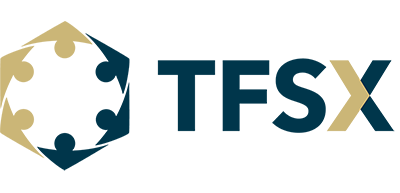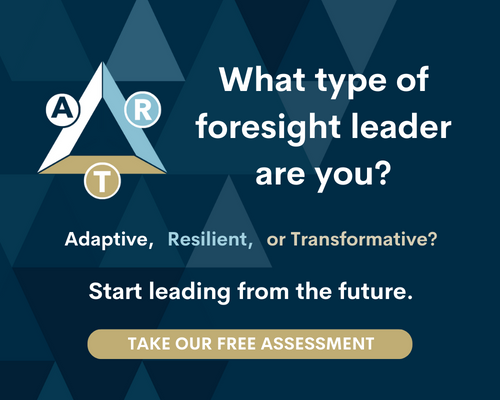3 Ways to Challenge Assumptions

An excerpt from The Guide to Natural® Foresight Framework:
Before we even consider writing scenarios, we need to conduct unconscious futures modeling. Here are three ways to begin challenging your assumptions and biases:
Ask “Why?”
According to Timothy D. Wilson (2004), we receive 11 million bits of information every moment, but we can only consciously process 40 bits. This means that 99 percent of the information we process is unconscious. If you think a new idea seems ridiculous, ask yourself why. It is likely that the “ridiculous” trend or emerging idea is at odds with what you already know to be true. Challenge yourself to consider other worldviews that may lead to a different conclusion. You do not have to radically abandon your belief system. The simple act of pausing to consider your knee-jerk reaction is enough to begin to move past your educated incapacity.
Learn, unlearn, and relearn.
In order to overcome our educated incapacity, we must strategically let go of those truths we have established through our years of education and work experience. Nothing in your mental repertoire should be sacred. Seek opportunities to gain exposure to other fields and disciplines, exploring trends and challenging yourself to connect them back to your area of expertise. Will advances in neurotechnology affect collaboration in organizations? Will the popularity of digital landscapes affect organizational structures? Uncovering how distant but analogous fields will change your domain is a great way to unlearn.
Think like an extraterrestrial.
Everyone knows that diversity breeds creativity, but it also helps challenge our worldviews. When analyzing an established belief or process, contemplate how a being an alien from another planet might cause us to see things differently. What would an extraterrestrial think of our educational system that dates back to the agricultural era (arguably three economic shifts ago)? Would an inhabitant from another planet be able to make sense of it given the technological and social advancements in every other sector? Probably not. You can also consult an outsider for a fresh perspective, including interns, teenagers, and peers from other fields.
Access a full and complimentary copy of “The Guide to the Nature Foresight® Framework” here.
References
Wilson, T. D. (2004). Strangers to ourselves: discovering the adaptive unconscious. Cambridge, MA: Belknap.

